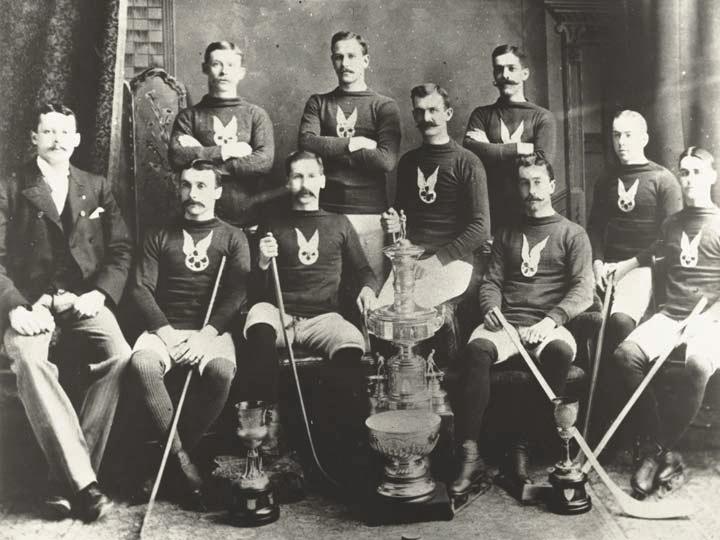The National Hockey League regular season got underway Wednesday, Oct. 12. The league, long known for its snow-white lineup and combination of brawny American athleticism with European finesse, is an alternative to the mostly-black professional basketball and football leagues also now in season.
Those unfamiliar with the sport should be forewarned that the rules and pace of the game, and its watchability, are far different from the other major American sports of football, baseball, and basketball.
The tempo of hockey is akin to that of soccer or basketball, with players constantly coming and going from one end of the ice rink to the other. The contest is divided into three periods, not the usual two halves and four quarters of football and basketball. Finding the puck can more often be a matter of finding where a bunch of players are gathering than visibly identifying the small, swift, black object. And no, the game isn’t about fist fights, though they do sometimes occur.
One of the biggest changes to professional hockey in the past twenty years has been its expansion to southern climes. No longer is hockey a sport reserved for the perpetually frozen Upper Midwest, Northeast, and Canada. Fans from Miami to Phoenix to Nashville and Los Angeles can enjoy rooting for their own local teams, who have enjoyed equal or greater success than their more storied rivals from the northern states.
In the 23 years from 1993-2016, the Stanley Cup Finals have included teams from Los Angeles, Miami, Dallas, Raleigh, Anaheim, Tampa Bay, or San Jose 13 times, in which the snow-free city’s team beat a more traditional, northern city’s team half of the time.
Of course, since the National Hockey League is an implicitly white and explicitly masculine organization, the (((usual suspects))) have infiltrated, and are subverting, the institution. The NHL has a few black players. One such is P.K. Subban, who is constantly hyped, granted awards, and feted. He was recently traded to Nashville from Montreal, where fans and media are still hand-wringing over his departure.
During his five-year tenure there, the 24-time Stanley Cup-champion Montreal Canadiens — hockey’s most successful franchise, equivalent to the New York Yankees of Major League Baseball or the Boston Celtics and L.A. Lakers of the NBA – won zero Stanley Cup titles. Montreal finished last in the conference during his 2011-12 rookie season, lost in the first round of the 2012-13 playoffs, lost in the 2013-14 conference finals, lost in the second round of the 2014-15 playoffs, and did not qualify for the playoffs in 2015-16. Nonetheless in August 2014, he was awarded an 8-year, $72 million contract, making him the third highest-paid player in the NHL.
The moral of the story is that professional hockey has much to offer to the white, Christian sports fan — but as always, caveat emptor. Let the buyer beware.
| Tweet |
|
|
|





